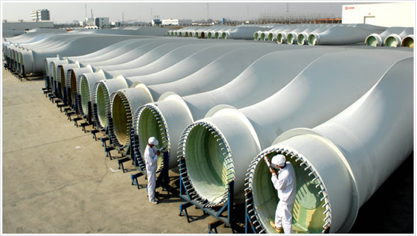Bill Black appeared on Moyers & Company on October 3, 2014. The topic of discussion was a topic near and dear to Bill: Too Big to Jail?
Bank Whistleblowers United
Posts Related to BWU
Recommended Reading
Subscribe
Articles Written By
Categories
Archives
Blogroll
- 3Spoken
- Angry Bear
- Bill Mitchell – billy blog
- Corrente
- Counterpunch: Tells the Facts, Names the Names
- Credit Writedowns
- Dollar Monopoly
- Econbrowser
- Economix
- Felix Salmon
- heteconomist.com
- interfluidity
- It's the People's Money
- Michael Hudson
- Mike Norman Economics
- Mish's Global Economic Trend Analysis
- MMT Bulgaria
- MMT In Canada
- Modern Money Mechanics
- Naked Capitalism
- Nouriel Roubini's Global EconoMonitor
- Paul Kedrosky's Infectious Greed
- Paul Krugman
- rete mmt
- The Big Picture
- The Center of the Universe
- The Future of Finance
- Un Cafelito a las Once
- Winterspeak
Resources
Useful Links
- Bureau of Economic Analysis
- Center on Budget and Policy Priorities
- Central Bank Research Hub, BIS
- Economic Indicators Calendar
- FedViews
- Financial Market Indices
- Fiscal Sustainability Teach-In
- FRASER
- How Economic Inequality Harms Societies
- International Post Keynesian Conference
- Izabella Kaminska @ FT Alphaville
- NBER Information on Recessions and Recoveries
- NBER: Economic Indicators and Releases
- Recovery.gov
- The Centre of Full Employment and Equity
- The Congressional Budget Office
- The Global Macro Edge
- USA Spending
-













